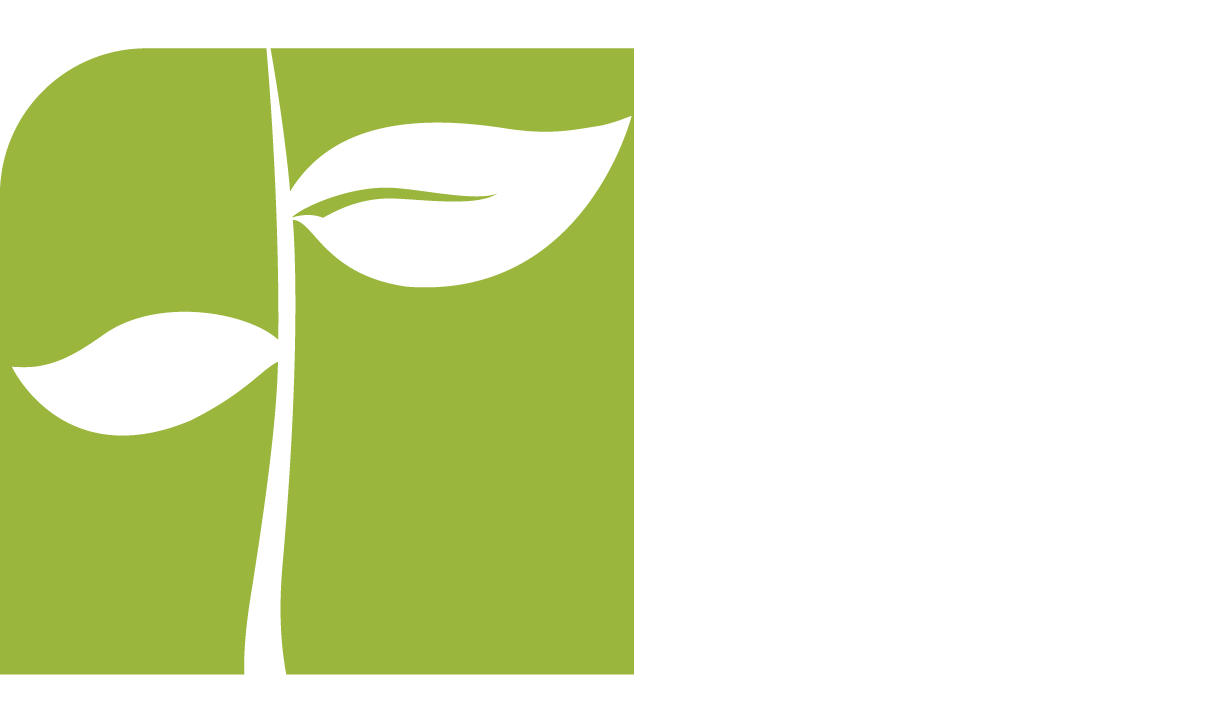Today’s tax landscape is quite complex, and businesses face a myriad of challenges in managing their tax obligations. From understanding ever-changing tax laws and regulations to identifying tax-saving opportunities, the complexities can be overwhelming. That’s where a fractional CFO can make a significant difference. A fractional CFO can provide strategic guidance and expert advice to help businesses with tax planning and optimization. By leveraging their deep understanding of tax laws and regulations, fractional CFOs can help businesses navigate the complex tax landscape and achieve their financial goals.
Understanding Tax Planning and Optimization

Tax planning and optimization are essential strategies for businesses seeking to minimize their tax liabilities and maximize their after-tax profits. By effectively planning and structuring their financial affairs, businesses can take advantage of various tax deductions, credits, and incentives.
Key benefits of tax planning and optimization include:
- Increased profitability: By reducing tax liabilities, businesses can retain more of their earnings and reinvest them in growth initiatives or distribute them to shareholders.
- Improved cash flow: Effective tax planning can help businesses defer tax payments, freeing up cash for working capital needs and other strategic priorities.
- Enhanced financial flexibility: By minimizing tax burdens, businesses can have more financial flexibility to invest in new projects, expand operations, or acquire other businesses.
- Reduced risk of audits: Proper tax planning can help businesses avoid costly tax audits and penalties.
To achieve these benefits, businesses must have a thorough understanding of the complex tax laws and regulations that apply to their operations. A fractional CFO can provide the necessary expertise to help businesses navigate the tax landscape and identify opportunities to minimize their tax liabilities.
The Role of a Fractional CFO in Tax Planning and Optimization
A fractional CFO can play a crucial role in helping businesses optimize their tax planning and minimize their tax liabilities. By leveraging their expertise and experience, fractional CFOs can provide strategic guidance and tactical support in the following areas:
Tax Strategy Development
- Identifying tax-saving opportunities: Analyzing the business’s financial situation to identify potential tax deductions, credits, and exemptions.
- Developing a comprehensive tax strategy: Creating a tailored tax strategy that aligns with the business’s overall financial goals.
- Monitoring tax law changes: Staying up-to-date on changes in tax laws and regulations to ensure compliance and identify new opportunities for tax savings.
Tax Compliance
- Ensuring timely tax filings: Preparing and filing tax returns accurately and on time to avoid penalties and interest.
- Managing tax audits: Representing the business during tax audits and resolving any issues with tax authorities.
- Staying compliant with tax regulations: Keeping up-to-date with complex tax regulations to avoid penalties and legal issues.
Tax Minimization
- Structuring transactions effectively: Structuring transactions in a tax-efficient manner to minimize tax liabilities.
- Utilizing tax deductions and credits: Identifying and claiming eligible tax deductions and credits to reduce taxable income.
- Implementing tax-efficient investment strategies: Investing in tax-advantaged vehicles to minimize tax exposure.
International Tax Planning
- Advising on cross-border transactions: Providing guidance on the tax implications of cross-border transactions, such as mergers, acquisitions, and international trade.
- Managing transfer pricing: Ensuring that transfer pricing arrangements comply with tax regulations and minimize tax liabilities.
- Complying with international tax laws: Staying up-to-date with international tax laws and regulations to avoid penalties and disputes.
By partnering with a fractional CFO, businesses can gain a competitive advantage and maximize their after-tax profits.
Key Tax Planning and Optimization Strategies
To effectively optimize their tax position, businesses can implement a variety of strategies. Choosing the appropriate legal structure, such as a corporation, LLC, or partnership, can significantly impact a business’s tax liability. Additionally, taking advantage of available tax deductions and credits, such as those for research and development, charitable contributions, and capital expenditures, can reduce tax burdens. Investing in tax-advantaged vehicles, like retirement accounts and tax-deferred annuities, can also help minimize tax exposure.
For businesses operating internationally, implementing effective international tax planning strategies, such as transfer pricing and foreign tax credits, is crucial. Finally, maintaining accurate and organized financial records is essential for supporting tax claims and minimizing audit risks. By implementing these strategies, businesses can reduce their tax burden, improve cash flow, and enhance their overall financial performance.
Tax Planning and Optimization with New Life CFO
In today’s complex tax environment, effective tax planning and optimization are essential for businesses to maximize their profits and minimize their tax liabilities. By partnering with a fractional CFO like New Life CFO, businesses can gain access to the expertise and resources they need to navigate the complexities of the tax code and achieve their financial goals.
A fractional CFO can help businesses develop and implement a comprehensive tax strategy, identify tax-saving opportunities, and ensure compliance with all relevant tax laws and regulations. By leveraging the expertise of a fractional CFO, businesses can improve their financial performance, enhance their cash flow, and achieve long-term success.
Contact New Life CFO today for comprehensive tax planning and optimization.


